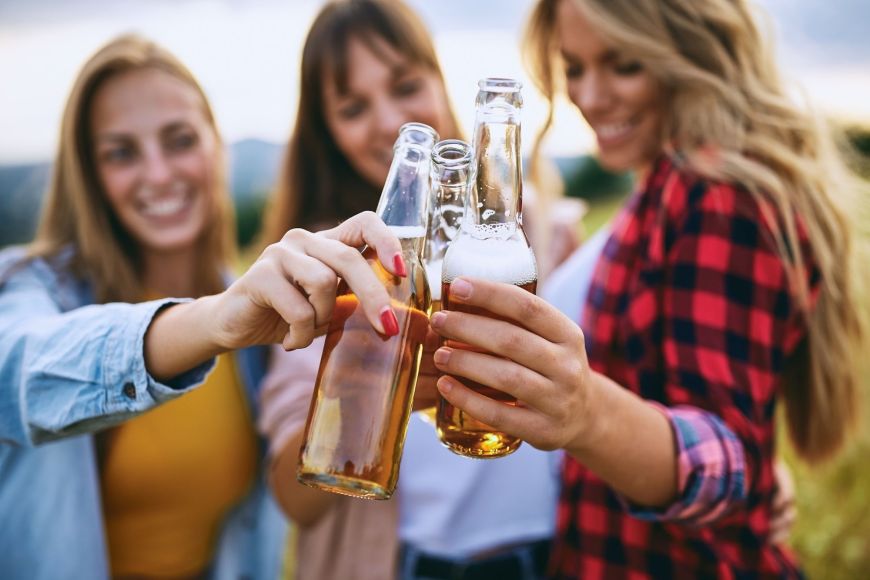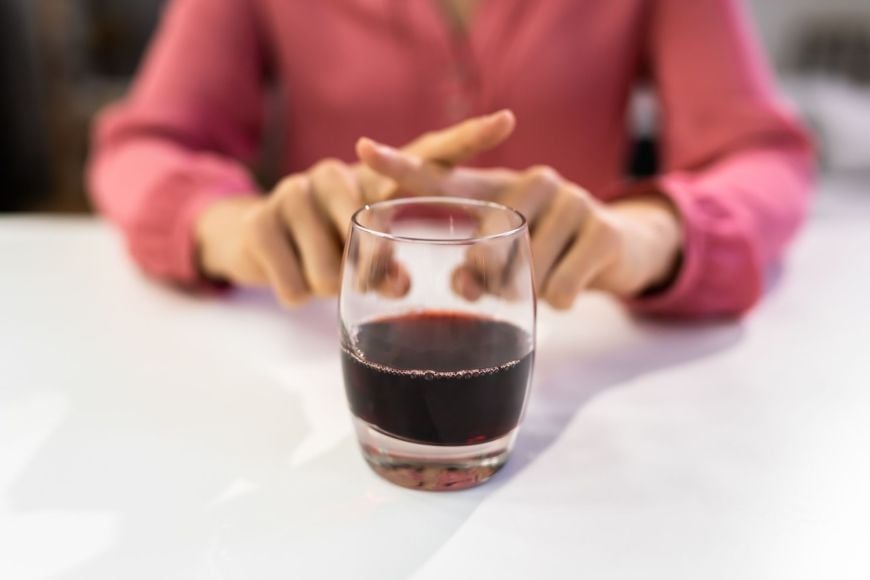Turkey, a vibrant country that bridges Europe and Asia, has a unique cultural landscape that includes diverse attitudes towards alcohol. Understanding the drinking age in Turkey is essential for travelers, expatriates, and anyone interested in the country's social norms and legal regulations. This article delves into the legal drinking age in Turkey, explores how Turkish people perceive alcohol, and provides insights into the broader context of alcohol consumption in the country.

What is the Legal Drinking Age in Turkey?
The legal drinking age in Turkey is 18 years old. This law applies universally across the country, meaning that both locals and tourists must be at least 18 to purchase and consume alcoholic beverages. This regulation ensures a consistent legal framework for alcohol consumption, aiming to promote responsible drinking habits among young adults.
The enforcement of the legal drinking age in Turkey is strict. Retailers, bars, and restaurants are required to check identification before selling alcohol to verify the buyer's age. Failure to comply with this regulation can result in hefty fines and penalties for the establishment. These measures are in place to curb underage drinking and its associated risks.
Turkey's Alcohol Laws
Turkey has a comprehensive set of alcohol laws that regulate the sale, distribution, and consumption of alcoholic beverages. These laws are part of the country's broader public health and safety measures.
Sale and Distribution
Alcohol in Turkey is sold through licensed outlets such as supermarkets, convenience stores, and specialized liquor shops known as "tekel bayii." The sale of alcohol is restricted during certain hours, typically from 10:00 PM to 6:00 AM, to discourage late-night drinking.
Additionally, alcohol sales are prohibited near schools and mosques to prevent easy access for minors and to respect cultural and religious sensitivities.
Advertising Restrictions
Advertising alcohol in Turkey is heavily regulated. Alcohol advertisements are banned on television, radio, and in print media. This restriction aims to limit the exposure of alcohol marketing to minors and to promote public health. Sponsorship of events by alcohol brands is also limited, reducing the visibility of alcohol-related promotions in public spaces.
Public Consumption
Public consumption of alcohol is generally discouraged and can be subject to fines. Drinking in public places such as parks, streets, and beaches is not widely accepted and can lead to legal repercussions. However, alcohol consumption in licensed establishments like bars, restaurants, and hotels is legal and socially acceptable.
Cultural Attitudes Towards Alcohol in Turkey
Cultural attitudes towards alcohol in Turkey are influenced by a blend of historical, religious, and social factors. As a predominantly Muslim country, Turkey has varied perspectives on alcohol consumption.
Historical Context
Historically, alcohol has been a part of Turkish culture for centuries. The Ottoman Empire, which ruled over Turkey and much of the surrounding region, had periods of both tolerance and prohibition of alcohol. While some sultans promoted the consumption of alcohol, others strictly enforced Islamic laws that prohibit it.
Modern-Day Practices
In contemporary Turkey, attitudes towards alcohol vary significantly. In major urban centers like Istanbul, Ankara, and Izmir, alcohol consumption is common, especially among the secular population. These cities boast a vibrant nightlife with numerous bars, clubs, and restaurants. In contrast, in more conservative and rural areas, alcohol consumption is less prevalent and often subject to social scrutiny.
Do Turkish People Drink Alcohol?
Yes, Turkish people do drink alcohol, though the extent of consumption varies widely. Common alcoholic beverages in Turkey include beer, wine, and raki, an anise-flavored spirit that holds cultural significance.
Raki: Known as the national drink, raki is traditionally consumed with a variety of appetizers known as "meze." It is typically diluted with water, which gives it a milky appearance, and is enjoyed during social gatherings and meals.
Beer and Wine: Beer and wine are also popular in Turkey, with several local breweries and wineries producing high-quality products. Turkish wines, especially those from regions like Cappadocia and Thrace, are gaining international recognition.

Social Etiquette and Drinking Culture
Understanding the social etiquette surrounding alcohol in Turkey can help visitors and expatriates navigate social situations more effectively.
Social Gatherings
In urban areas, it is common for friends and family to gather for meals that include alcoholic beverages. Offering a guest a drink is considered a sign of hospitality, and it is polite to accept, even if you choose to drink moderately.
Dining Out
When dining out in Turkey, especially in establishments that serve alcohol, it is customary to enjoy drinks with your meal. Turkish cuisine pairs well with various alcoholic beverages, enhancing the dining experience. Raki, in particular, is often paired with seafood and meze.
Special Occasions
Alcohol is often present during special occasions and celebrations such as weddings, holidays, and festivals. It is customary to raise a glass and make toasts to celebrate or honor someone, reflecting the social and celebratory role of alcohol in Turkish culture.
Legal Implications and Penalties
Turkey's legal system imposes strict penalties for violations of alcohol laws, aimed at promoting public health and safety.
Underage Drinking: Underage drinking is illegal in Turkey. Minors caught consuming alcohol can face legal consequences, and establishments that sell alcohol to minors are subject to fines and potential closure. Parents or guardians may also be held accountable if they allow underage drinking.
Drunk Driving: Drunk driving is a serious offense in Turkey, with stringent penalties for those caught driving under the influence. The legal blood alcohol concentration (BAC) limit for drivers is 0.05%, and for professional drivers, it is zero tolerance. Penalties for drunk driving include fines, license suspension, and imprisonment for repeat offenders.
Public Intoxication: Public intoxication can lead to fines and other penalties. Authorities may detain individuals who are visibly intoxicated and causing disturbances in public places. It is important to consume alcohol responsibly and be mindful of local laws and customs to avoid legal issues.
The legal drinking age in Turkey is 18, and the country's alcohol laws are designed to promote responsible consumption while respecting cultural and religious diversity.
Understanding these laws and cultural attitudes towards alcohol can help visitors and residents navigate social situations and enjoy their time in Turkey responsibly. Whether you are savoring a glass of Turkish wine, enjoying a traditional raki with meze, or exploring the vibrant nightlife, being aware of local regulations and customs will enhance your experience in this fascinating country.
We are always ready to answer all your questions, please reach out via Whatsapp +90 (532) 158 42 44
If you want to emigrate or buy an apartment in Turkey or own a property in turkey and enjoy life by the sea, message our specialists who will find the best options for your budget.
Also, subscribe to our YouTube channel and Instagram page to receive information from the professionals!
An additional channel to connect with us: Telegram
